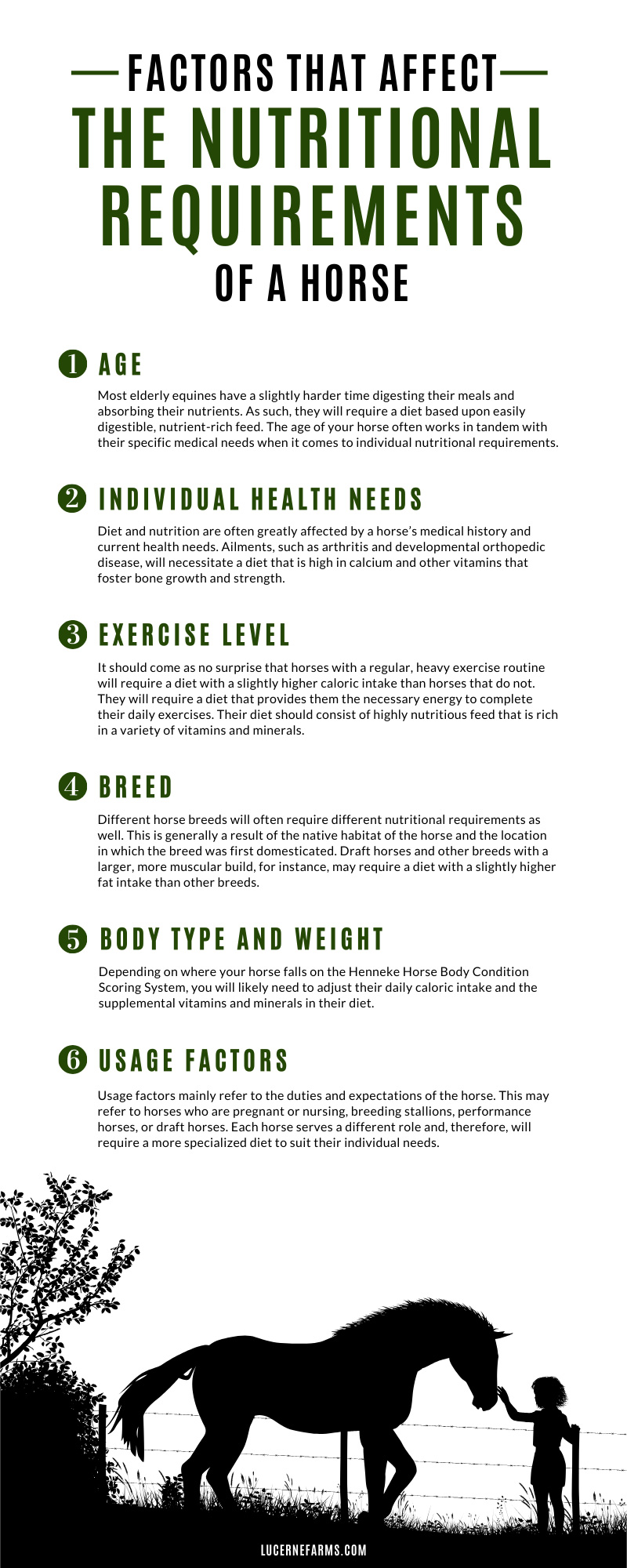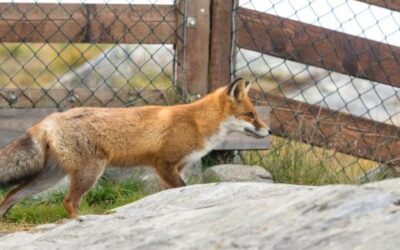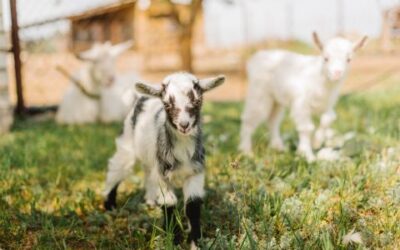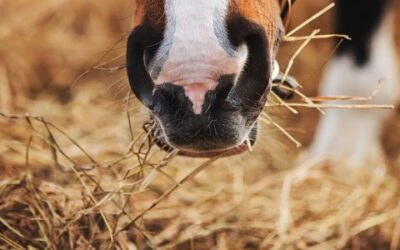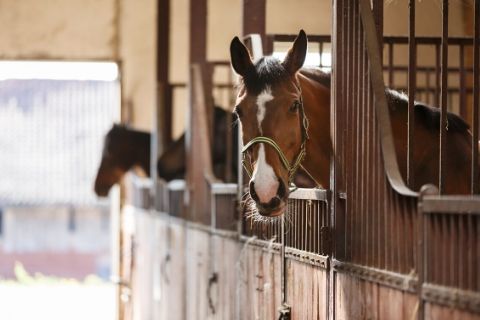
No two horses are the same. Even horses that are of the same breed and age can differ greatly in their personality and body type. As a result, no two horses will have the exact same nutritional requirements, either. There are many factors that affect the nutritional requirements of a horse, and determining the proper feed and diet for your horse’s specific needs often requires a bit of experimentation. However, with some research and patience, you can craft a diet that benefits the specific needs of your horse. This guide explores several factors that affect the nutritional requirements of a horse to help make crafting a menu for your equine friend much easier.
Age
One of the most important factors to consider when creating a diet for your horse is their age. Though age may just be a number, and some horses can remain spry well into their golden years, there are a few dietary changes that are important to note as your horse ages. For starters, most elderly equines have a slightly harder time digesting their meals and absorbing their nutrients. As such, they will require a diet based upon easily digestible, nutrient-rich feed. Foals and horses that are still growing, on the other hand, will require a slightly different diet than their senior counterparts. Though young horses will also require a forage-based diet, they will require feed with slightly different nutritional values. For instance, they will require a diet that is slightly higher in protein and low in sugars, as this will help accelerate their growth. Timothy alfalfa hay and other forage that is rich in protein and fiber are, therefore, ideal for foals and fillies. The age of your horse often works in tandem with their specific medical needs when it comes to individual nutritional requirements.
Individual health needs
Diet and nutrition are often greatly affected by a horse’s medical history and current health needs. Horses that have experienced digestive issues in the past, for instance, often require a diet based on easily digestible feed, as their digestive tract will not need to work as hard to absorb the necessary nutrients. Other ailments, such as arthritis and developmental orthopedic disease, will necessitate a diet that is high in calcium and other vitamins that foster bone growth and strength. Some individual health needs may be a bit more visible than others, such as dental issues or laminitis. Horses with laminitis are often unable to exercise as much as other equines. They will require a diet that avoids starches and sugars, therefore, as these items can expedite weight gain in horses that do not receive much exercise. Horses with dental issues, conversely, will require a diet that is easy to chew and digest, as this will take some of the pain out of chewing their food.
Exercise level
Exercise level is perhaps the most important factor that can affect a horse’s nutritional needs. It should come as no surprise that horses with a regular, heavy exercise routine will require a diet with a slightly higher caloric intake than horses that do not. They will require a diet that provides them the necessary energy to complete their daily exercises. Their diet should consist of highly nutritious feed that is rich in a variety of vitamins and minerals. This will ensure that their bones and muscles remain in peak condition when exercises. On the other hand, horses that don’t exercise regularly or extensively will often require a slightly lower calorie diet. This type of diet ensures that they do not gain excessive weight.
Breed
Different horse breeds will often require different nutritional requirements as well. This is generally a result of the native habitat of the horse and the location in which the breed was first domesticated. Draft horses and other breeds with a larger, more muscular build, for instance, may require a diet with a slightly higher fat intake than other breeds. This helps them to maintain their muscle mass without additional weight gain. On the other end of the spectrum stands ponies and dwarf horses. Such horses will clearly require a diet with a lower caloric intake and will likely not need to consume as much feed to obtain the necessary nutrients as their larger cousins. Additionally, some breeds are more prone to certain diseases, which can greatly impact their nutritional requirements and diet.
Body type and weight
Perhaps the most obvious factor that can impact a horse’s diet is their body type and weight. Depending on where your horse falls on the Henneke Horse Body Condition Scoring System, you will likely need to adjust their daily caloric intake and the supplemental vitamins and minerals in their diet. Horses that fall on either extreme end of this scoring spectrum will likely require a more specialized diet than those that score between a four and a six. This diet may help a horse gain or lose weight at a steady rate to return them to a healthy body condition level.
Usage factors
Usage factors mainly refer to the duties and expectations of the horse. This may refer to horses who are pregnant or nursing, breeding stallions, performance horses, or draft horses. Each horse serves a different role and, therefore, will require a more specialized diet to suit their individual needs. Pregnant and nursing mares will need a higher daily intake of certain vitamins, including zinc, calcium, and protein. These nutritional needs can even change over the course of the mare’s pregnancy. Their counterparts, breeding stallions, will also require a specialized diet. Their diet, however, does not focus so much on supplemental vitamins as it does antioxidants to maintain maximum fertility. As the breeding season progresses, they will often also require the addition of energy-dense feed and grains, including barley, alfalfa, and wheat. This diet is necessary to meet their daily energy requirements so they do not lose an excessive amount of weight during this period. Likewise, performance horses will also require a diet based in energy-dense feed. These horses exercise far more than many other horses and, thus, require a more energy-dense diet to maintain their stamina and physique.
